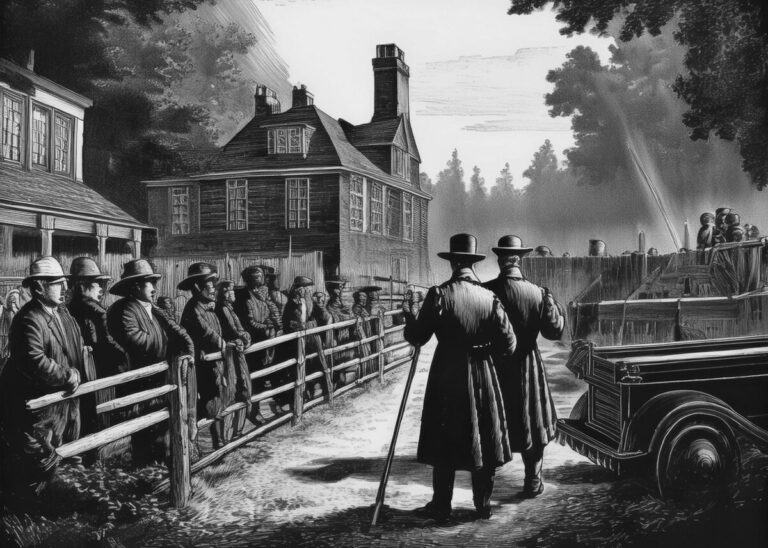
Condemnation in real estate is a legal process by which a government entity exercises its power of eminent domain to acquire private property for public use. While condemnation can be daunting for property owners, understanding the process and your rights can help you navigate this situation effectively. In this blog post, we’ll explore what condemnation entails, its implications for property owners, and steps you can take if your property is subject to condemnation.
What is Condemnation? Condemnation occurs when a government entity, such as a city, county, or state government, exercises its power of eminent domain to acquire private property for public use. Public uses may include infrastructure projects such as roads, bridges, schools, parks, or utilities. Condemnation allows the government to acquire property even if the owner is unwilling to sell, provided fair compensation is paid.
Implications for Property Owners: For property owners, condemnation can have significant implications, including:
- Loss of Property Rights: Condemnation results in the owner’s loss of property rights, as the government acquires ownership of the property for public use.
- Fair Compensation: Property owners are entitled to receive fair compensation for their property under the Fifth Amendment to the U.S. Constitution, which requires that private property cannot be taken for public use without just compensation.
- Negotiation Process: Property owners have the right to negotiate the terms of compensation with the government entity acquiring the property. This may involve appraisals, negotiations, and potentially legal proceedings to ensure fair compensation.
- Relocation Assistance: In addition to compensation for the property, property owners may receive relocation assistance to cover the costs associated with moving to a new residence or business location.
Steps to Take if Your Property is Condemned: If your property is subject to condemnation, consider taking the following steps:
- Seek Legal Counsel: Consult an experienced real estate attorney who can advise you on your rights, the condemnation process, and options for negotiating fair compensation.
- Understand Your Rights: Familiarize yourself with your rights as a property owner, including the right to fair compensation and the right to negotiate the terms of compensation with the government entity.
- Obtain Appraisals: Obtain independent appraisals of your property to assess its value and ensure that you receive fair compensation for your property.
- Negotiate in Good Faith: Engage in negotiations with the government entity in good faith to reach a mutually acceptable compensation agreement. Consider the potential costs and benefits of accepting a settlement offer versus pursuing legal action.
- Consider Legal Action: If negotiations with the government entity are unsuccessful or you are not offered fair compensation for your property, consider seeking legal recourse through eminent domain litigation.
In conclusion, condemnation is a legal process by which a government entity acquires private property for public use. While condemnation can be a challenging and emotional experience for property owners, understanding the process and your rights can help you navigate this situation effectively. If your property is subject to condemnation, seek legal counsel, understand your rights, and consider negotiating in good faith with the government entity to ensure fair compensation for your property.








































Leave a Reply